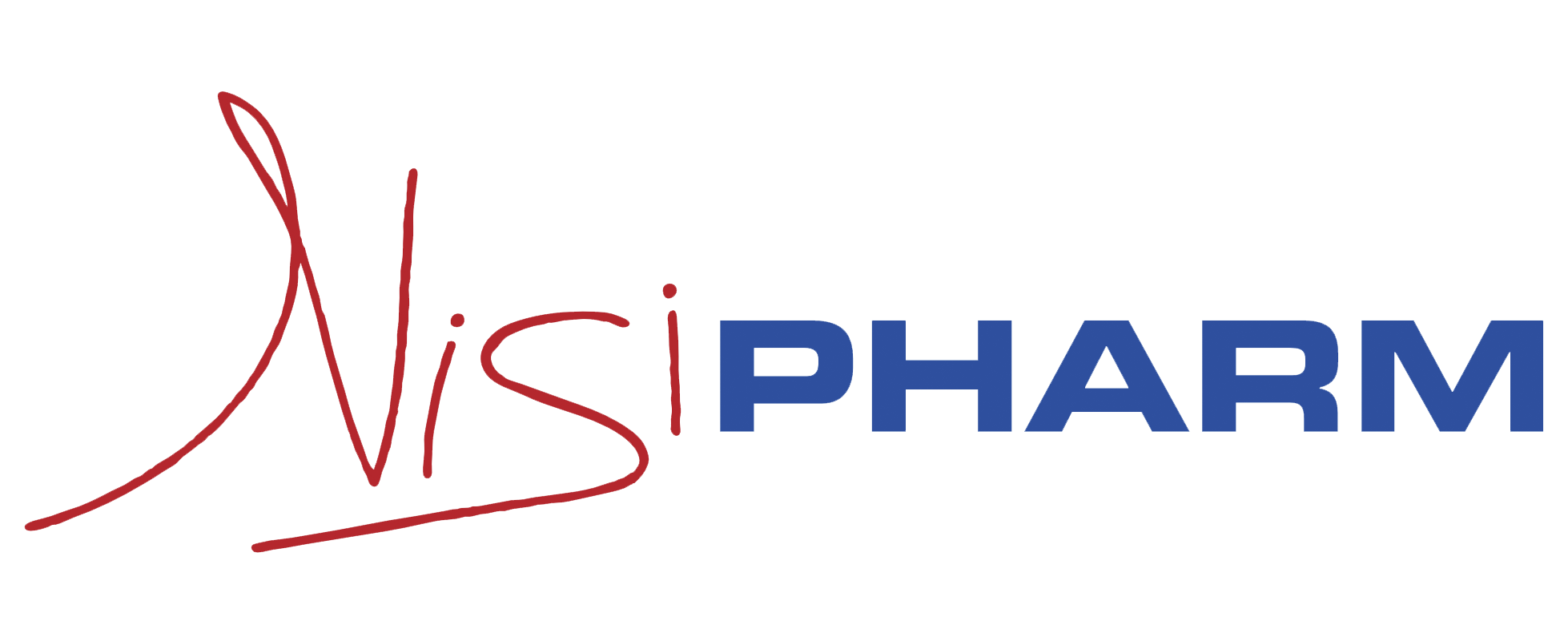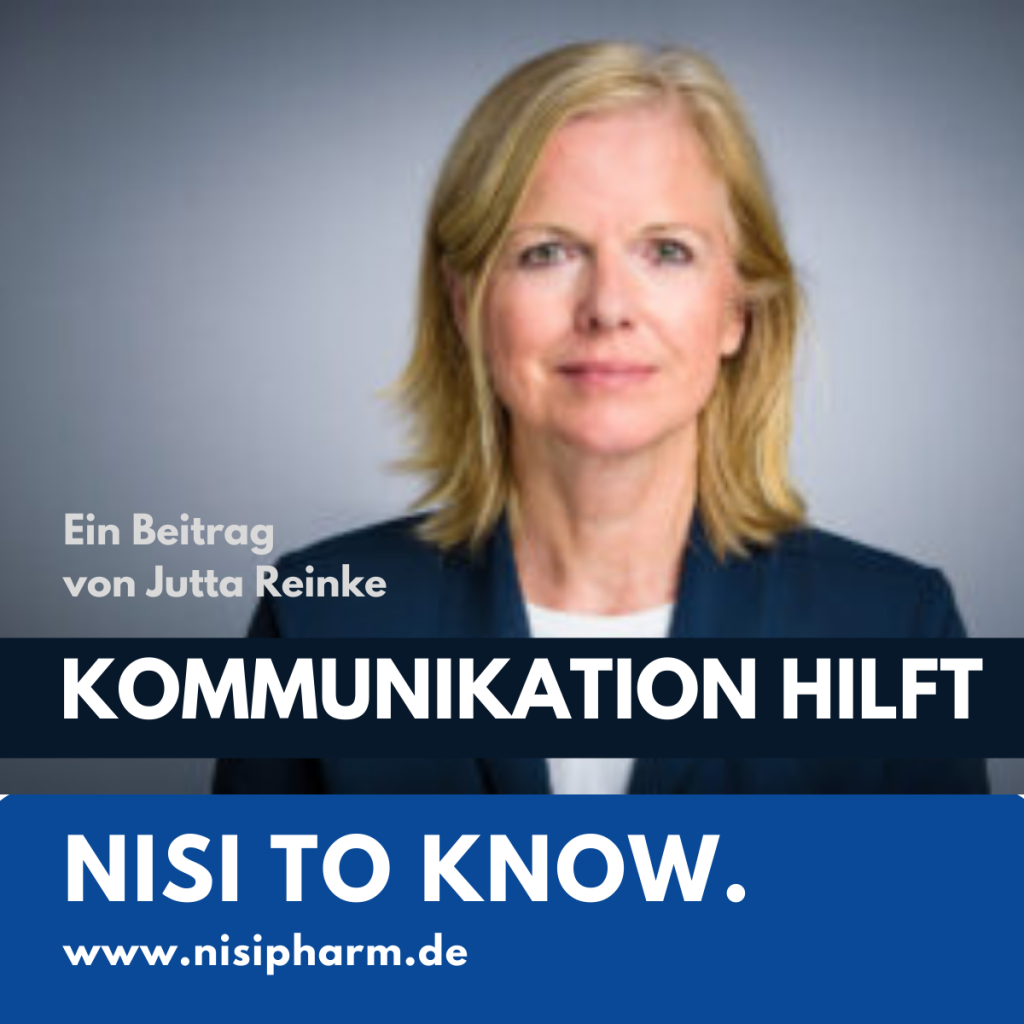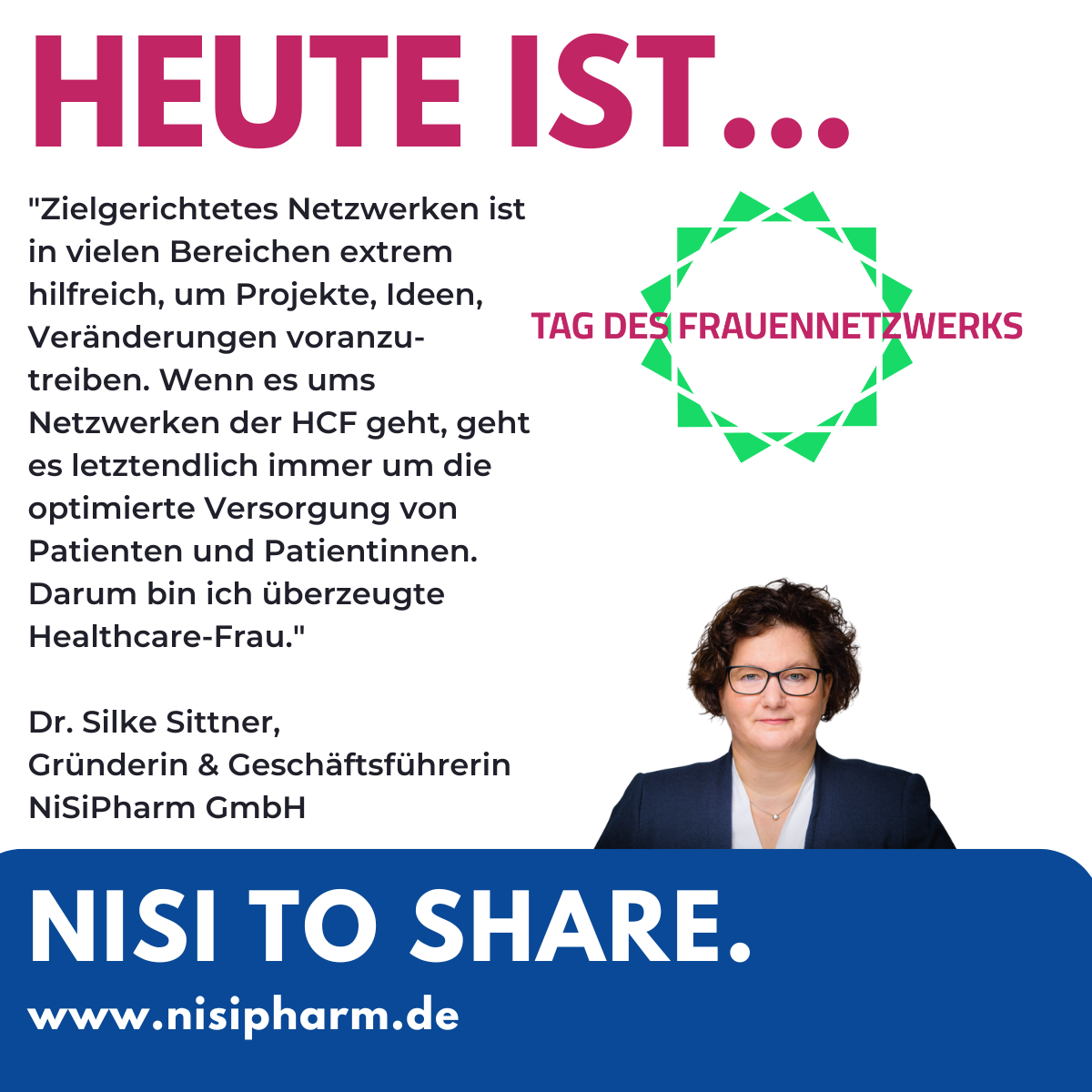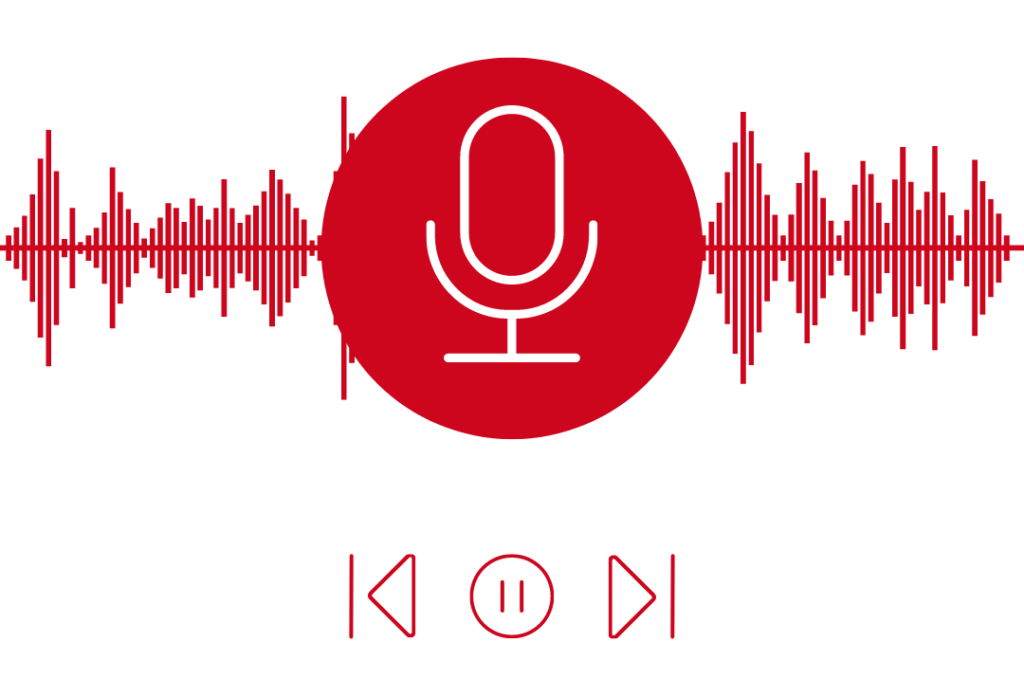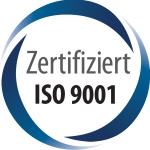A contribution from Jutta Reinke
Communication helps: we all experience this every day in the most diverse areas of life. In this article, Jutta Reinke (Senior Project Manager at NiSiPharm) shares insights from supporting a series of events for MFAs (medical assistants), including the importance of communication in supporting oncology patients:
For an international pharmaceutical company, we were able to accompany an exciting series of events for MFAs (medical assistants).
We developed the concept together with a project team and MFA. In digital info events, we offer indication-related information and focus on topics that are important in the day-to-day work of nurses in practices and clinics.
The last event focused, among other things, on “Communication in the care of oncology patients”.
The key findings:
- Good communication between doctors, medical assistants, patients and relatives is crucial to the success of therapy.
- The medical assistant is an extremely important person of trust and reference for patients, often as a mediator between doctor and patient.
- Communication is becoming an increasingly relevant focus in practices and clinics. For a long time, the topic was a “nice to have”, but today it is seen as a crucial pillar of therapy: patients are more informed, but also overwhelmed with the classification of information; therapies are becoming increasingly complex and ongoing, with a great need for exchange.
- Listening comes before understanding – that applies here, as in all areas of life.
That we can help drive these important issues forward: That is our genuine concern and a great pleasure.
MORE KNOWLEDGE.
If you would like to know more about this topic, we have written down further insights for you here:
A cancer diagnosis can be very stressful for patients and their caregivers.
This situation requires comprehensive, empathetic and open communication between patients, relatives and healthcare professionals.
Here are some aspects of why good communication is so important in the care of oncology patients:
Providing information
Patients need to be fully informed about the cancer diagnosis, treatment options, possible side effects and prospects of success in order to make informed decisions.
Emotional support
Cancer diagnoses can cause strong emotional reactions, such as anxiety, depression and sadness. Through open and empathetic communication, healthcare professionals can help patients and their caregivers to deal with these feelings and feel understood.
Building trust
Open communication between patients and healthcare professionals can strengthen trust in treatment and healthcare professionals.
Promoting cooperation
Good communication between healthcare professionals, patients and their families can also help to promote better collaboration in treatment. This is an aspect that can have a decisive influence on the success of the therapy.
Improving the quality of life
Through open and empathetic communication, healthcare professionals can help to improve patients’ quality of life by supporting them in coping with their illness.
In summary, we can say that good communication in the care of oncology patients is crucial in order to inform patients appropriately, provide them with emotional support, build trust, promote cooperation and thus improve their quality of life.
Author: Jutta Reinke, Senior Project Manager, NiSiPharm GmbH
